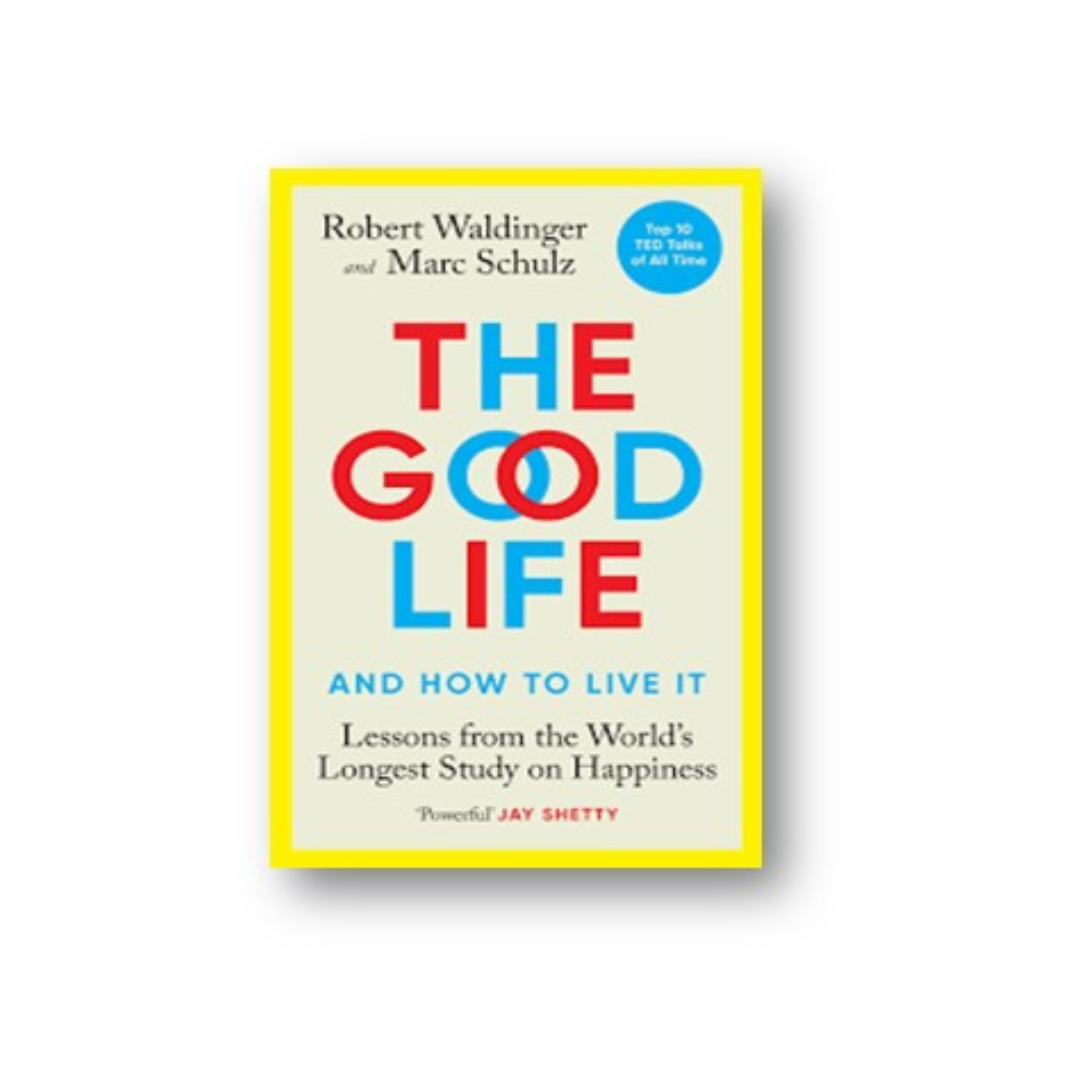IN A NUTSHELL
By CUBIC Director, Allison Zelkowitz
#69 I knew it all along!
Have you ever chosen an investment, started a relationship, or made a decision at work that turned out badly?
#67 Connecting the Dots of Your Life
Have you been feeling adrift or disconnected from “who you are” lately?
#60 This Too Shall Pass
Have you been feeling stressed lately, perhaps due to an impending work deadline, conflict with a colleague or family member, or the Fit for Future restructure?
#59 What the Largest Study Says about Changing Human Behavior
Have you ever designed programs or activities with the goal of changing behavior? Did you wonder what really works?
#52 Have We Met?
Have you ever traveled to a country where people were a different race than you? Did you have any trouble distinguishing people there?
#48 If truth be told
When we hear something frequently, we are more likely to believe it’s true, because we spend less time processing the information.
#40: Approach That Goal
Did you set any New Year’s resolutions?
In the US, the 2nd Friday in January is known as “Quitters Day” because many people have already abandoned their resolutions by then.
If this sounds familiar, don’t give up!
Research has shown that how you frame your goal matters…
#39: The Secret to Happiness, Health and Longevity
According to Harvard’s 85-year study, what is the #1 secret to a long and happy life?
A. Healthy diet
B. Exercise
C. Exposure to nature
D. Positive relationships
As explained by the study’s director, psychiatrist Robert Waldinger, in his Ted Talk, after researchers followed 724 youth from 1938 until now, their main learning was clear:
#38: That which does not kill us…
Think back to the most difficult experience of your life, perhaps a severe illness, an accident, a disaster, or the death of a loved one.
How did it change you?
While many people are familiar with post-traumatic stress disorder (PTSD), a less known, yet more common experience following suffering caused by trauma is called “post-traumatic growth.”
#37: Think Outside the Group
Have you ever been in a meeting where you are discussing a new idea, project, or problem, and once a senior leader has expressed their position, you witness other colleagues quickly voicing their support – while you quietly disagree?
#36: Get Your Foot in the Door
Imagine you want to get a busy, high profile person to speak at an event you’re organizing, and you’re worried they’ll say no. What can you do?
While you could focus on crafting a compelling request, there’s another, less intuitive strategy you might try: ask them for a small favor first, and after they agree, follow with the request you really want…
#35: The Road Often Taken
Imagine you are given a choice: you can choose to have a new boss (one you don’t know), or you can keep the boss you have.
Who would you choose?
I’m guessing that most of you chose to keep the one you have.
Status quo bias is the human tendency to…
#34: Us vs. Them
Think for a second – which groups do YOU belong to?
Are you conservative or progressive? Are you religious or not? What state or province are you from? Do you have a favorite hobby or sports team?
Human beings love to categorize things – including ourselves. Social identity theory explains that…
#33: Our Undivided Attention
Think back to the last time you visited your bank, doctor or dentist’s office. Did you see informational posters or leaflets? What did they say?
What – you have no idea?
One principle that behavioral science teaches is that it’s wise to assume that people are paying much less attention to our programs, materials, trainings, and emails than we’d like them to.
#32: Recognizing (and Reducing) Motivated Reasoning
Picture this: you’re invited to speak during an upcoming webinar. You’re about to confirm, when you notice the date is on a long-awaited holiday. You reread the invitation, and decide that they already have too many presenters, and you’re not really an expert on the topic. You politely decline.
Motivated reasoning occurs when we search for rational arguments not to determine what is true, or to make the best decision, but to justify the conclusion we intuitively prefer, based on our automatic emotional reaction.
#31: Don’t Give It Another Thought
Are you ever troubled by unwanted, taboo, or frightening thoughts suddenly popping into your head? Perhaps you find yourself wondering what a stranger would look like naked, or you’re enjoying a beautiful view from a cliff and you think, “What if I just step . . . . ?”
#30: Are you a Maximizer or Satisficer?
Which of these statements better reflects you?
A: During meetings, I often suggest questions, processes, and areas to explore, and it worries me when others aren’t assessing all the information and possibilities.
B: During meetings, I often get frustrated with new suggested questions, processes, and topics, and try to steer the group toward making decisions.
If you selected A, you may be…
#29: A High Price to Pay
Are you trying to save money for the holidays, a new vehicle, or school expenses?
Do you ever find yourself spending money impulsively on a new gadget, clothes, or an expensive dinner, despite your savings goals?
If so, one of the culprits may be “The Cashless Effect”
#28: The Prosociality Paradox
Do you ever think about offering help to a stranger, or reaching out to a long-lost friend, but then find yourself holding back? Perhaps you worry your action will be awkward or misconstrued?




















